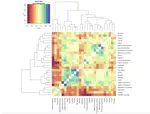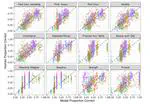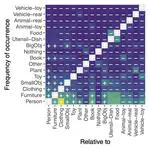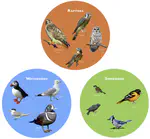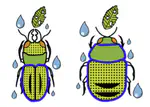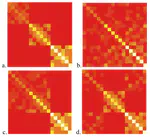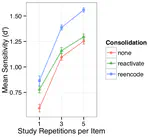George Kachergis
Research Scientist
Computational Cognitive Models (CoCoMo) Lab
Cognition, Behavior & Information
Arizona State University
Biography
George Kachergis runs the Computational Cognitive Models (CoCoMo) Lab at Arizona State University. His research seeks to understand how memory and attention support language learning and skill development. He is particularly interested in creating computational explanations of how cognitive skills develop in children, with an eye towards making AI that is more human-like.
Download my CV .
- Human Learning and Memory
- Language Development
- Computational Cognitive Models
- Artificial Intelligence
- Educational Games
-
Research Scientist in the Language & Cognition Lab, 2018-2024
Stanford University
-
Assistant Professor in Artificial Intelligence, 2016-2018
Radboud University / Donders Institute
-
Postdoctoral Scholar in the Computation & Cognition Lab, 2015-2016
New York University
-
Postdoctoral Scholar on the RoboHow Project, 2013-2014
Leiden University
-
PhD in Cognitive Psychology and Cognitive Science, 2012
Indiana University
-
BA in Computer Science and Cognitive Studies, 2007
Carleton College

